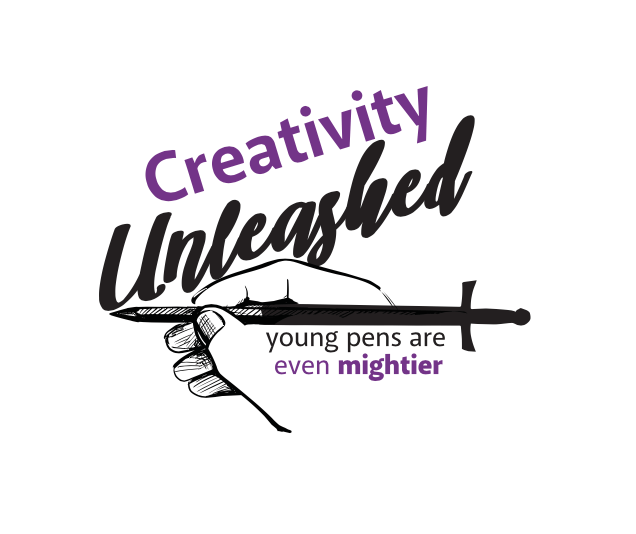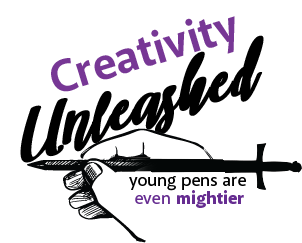Editors'
Notes
HeYlo and warm welcomes from the Editors of Creativity Unleashed, a not for profit organisation dedicated to young people - showcasing and highlighting their creativity.
You may be wondering what the ‘Notes from Editors’ is and what it entails. This is what this introductory ‘Notes from Editors’ is about.
Our creativity is an aspect of ourselves that we at CreativityUnleashed believe we should continuously cultivate and nurture throughout our lives, rather than just in school.
Children, with their naivety, see the beauty and good in everything. They see fire breathing dragons and frolicking fairies, and have ‘imaginary friends’ who they invite for afternoon tea parties. They create boundless scenarios with their toys, ranging from the family drama amongst their dolls to a superhero comedy of their favourite action figure. As children our imagination and creativity was endless, but as we grow up we have the tendency to repress our creative side in order to assimilate in hopes of being accepted and appreciated.
Why do we do this when there are ideas that have blossomed into great inventions that help us with our day to day lives that were conceptualised from imagination and manifested through creativity?
Is it because of the stigma that creative subjects are less likely to lead to a stable career? Or how only the “talented and gifted” can succeed in the various arts?
But we have something to tell you: Creativity is everywhere and in every single one of us.
Creativity is a vessel through which great things come about; it has many faces and forms and it is not restricted, nor is it rigid. There is no “normal” way of being creative because it is spontaneous. Spontaneity comes from chaos and calamity; it comes from peace and tranquillity.
What is creativity?
What does being creative mean?
How can one be creative?
These are questions and more that many of us have and want the answers to.
We at CreativityUnleashed want to delve into the kaleidoscope that is creativity and explore its whimsical world. We particularly want to explore it from the viewpoint of young people and what creativity is and what it means to them. With our
Notes, we will be approaching creativity from various angles.
From investigations to opinions, we will be bringing you quarterly explorations of creativity.
So we implore you to join us on our journey of learning, understanding and reconciling with our creativity as we help you unleash yours.
Check our website monthly, or sign up for our newsletter, and join our discussions – because creativity builds community and inspires authenticity.
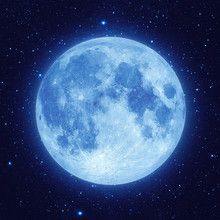
Engaging, empowering and encouraging young people in the publishing industry: A sixth former's perspective
Written by Kay Budka-Fox from the London Academy of Excellence Tottenham Phoenix Editorial Team
On Wednesday, July 9th, 2025, six hopeful new young-adult-book writers, alongside their incredible editors, came together at the CLPE (Centre for Literacy Primary Education) to discover which writer/editor pair would be taking home the prestigious Branford Boase award. Three members of London Academy of Excellence Tottenham's Phoenix Magazine editorial team were invited to attend and support in interviewing these short-listed authors. I was so grateful to be one of those LAET students, helping out and meeting these inspiring people, as well as rubbing elbows with the people behind children's book publishing!
The Branford Boase Award Ceremony was an event I am truly grateful to have been able to not only attend, but help out with behind the scenes, and as a first year A-Level student at the time, I was taken away by the night. The environment was one that was truly magical, and filled with the child-like wonder of such phenomenal people and their stories.
Throughout the evening, I had the absolute pleasure of talking to, as well as interviewing, authors such as James Fox and Ashley Hickson-Lovence, who were incredibly inspiring, lovely,and a pleasure to interact with. I even managed to have
‘Glasgow Boys’ signed by the winning author, Margaret McDonald and her editors Alice Swan and Ama Badu, as well as
‘Wild East’ signed by Ashley Hickson-Lovence and his editor Katie Sinfield!
I left the night with nothing but a smile on my face, and inspiration whirring through my brain. Being in one place with such talented, kind, and genuine people, who have achieved everything I would love to and more, was an experience I will not forget, and will most likely be what I attribute credit to in the future, given I hope to end up in similar roles later on in my life. Before this event, I had an inkling of knowledge and desire to go into the world of literature professionally, and upon leaving and after reflection, I am one hundred percent certain that publishing or writing is what I want to do for the rest of my life.
The value of the experience, and events such as this one, is important to highlight. By attending the Branford Boase Award Ceremony, I witnessed the importance of the writer/editor relationship, and the inner workings of the publishing house as significant people came together to share in the success of all six short-listed writers. I know that this event, and its ground-level view into the publishing industry, will influence my future aspirations and goals...
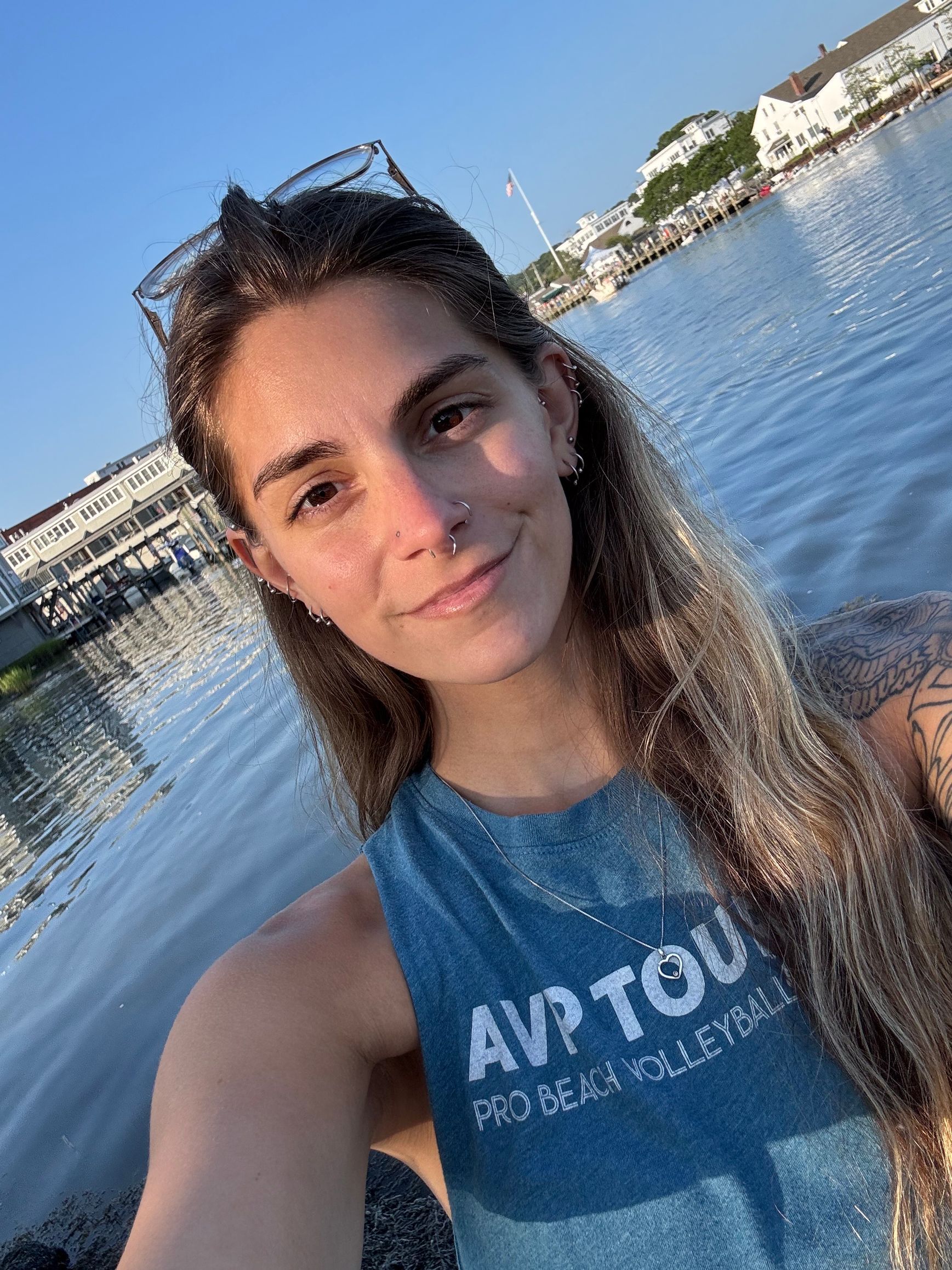
I Can Be the Bridge Between the Sciences and Humanities
Written by Skye Scacchetti
When I was younger, I struggled a lot with what I wanted to do with my life. In the background of every day, I had heard that STEM (science, technology, engineering, mathematics) was the way to go, the only way to make any money, the only way to prove your intelligence. In high school, I loved science, and after a unit of genetics, I thought I knew my path. The variability on this planet just simply amazed me. There are over 100 genes that determine your hair color alone; I do not know how else to put it other than, it just blew my mind.
Fast forward two years, I’m ten months away from collecting my diploma and I’m panic-dropping physics three days into the school year. I fib my way into obtaining a drop-slip, and suddenly I’m running to my freshman year English teacher-turned-librarian, asking him what on earth I can do with an English degree outside of teaching in the U.S.
I continued attempts to pursue English, creative writing and linguistics at a few different higher education institutions, and ultimately ended up at Russell Sage College… as a biology major. I am ashamed to admit that I turned my back on literature for a bit; I disregarded and disrespected her the way society usually does due to the pressures I experienced from some people in my life. Though I am aware that it was never intentional, ignorant folks very close to me were able to convince me that this part of me does not live up to that of STEM - that English majors “don’t do anything”, and I cannot be someone that
didn’t do anything. But without the development of critical thinking and literature, where would we be today?
I realized very quickly that, not only was I absolute
garbage at math with no chance of passing Organic Chemistry II, but I was anxious and stressed and suppressing a massive part of my soul. It wasn’t until my first writing class at RSC that my passion for writing and reading was reawakened, and my professor introduced me to a brilliant educator that opened my eyes to the industry of editing and publishing - an industry for which I feared an approaching demise in my teenage years.
It took no time to re-immerse myself in the world of literature, and though I
may (we’ll see where my book goes) end up with a lesser salary than that of a geneticist, I am happier. For twenty-six years, I had tried to fit into a mold, breaking apart in order to squeeze into the box I condemned myself to. A cliché, perhaps, but literature has saved my life more than once. I am guilty of straying from her path, but I have found it again, and this time, I’m walking hand in hand with science, because we both need English.
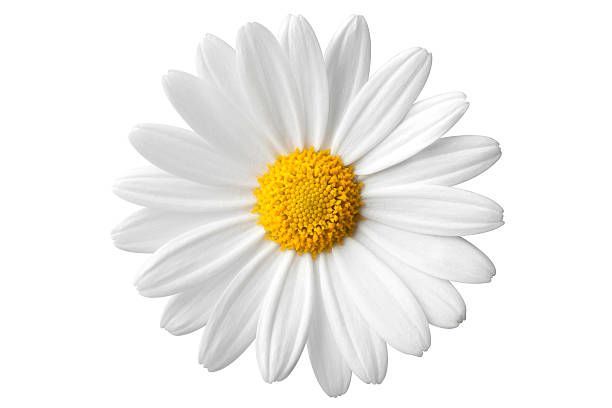
The Unhappy Camper: Reflections on Summer Writing Residential Programs
Written by Vanessa Cheung
School’s out. Warm, golden sunlight brushes your arms, and you’re ecstatic. But these next few months, you won’t get the treat of relaxing on your bed all day long; you’ve applied for a residential writing summer program and were accepted.
Creative writing summer camps. Magnificent on a college transcript. Helpful for your creative flow?
Some may argue spending two weeks straight in a building having nothing to work on except your art is in fact detrimental to your creative mind; being forced to write for hours on end may not be the best remedy for writer’s block. In fact, that may even strengthen it. After all, these camps aren’t exactly merciful, and they don’t have the time to allow your inspirations to glide along naturally.
A typical daily schedule: wake at six. Be ready by six ten and not a minute late. Finish breakfast at seven fifteen after being swallowed up by the gargantuan cafeteria line all the while inhaling the toxic fumes of instant powdered milk. Rigorous classes for eight hours until you return to an uncomfortable mattress with fellow campers packed into rows like sweaty sardines.
On the other hand, people with intense schedules or dealing with a chronic habit of procrastination may find the unbridled writing time beneficial– it’s hours of freedom to devote to your work. Plus, camp classes are never short of intriguing prompts to spur on the students, and the campuses are never short of spaces conducive to writing. Quaint lakeside spot? Beautifully constructed library? Rustic forest quiet? Chances are, the camp will be equipped with all of these.
My own experience with a creative writing summer camp was, for the writing side of things, great. Granted, some classes were boring and unhelpful, but the others were fantastic. I had the chance to complete and fully edit a worldbuilding piece in one and delved deep into the art of memoir and lyrical style in another. My teachers were wondrous– encouraging and witty, they knew how to talk to their students and interrupt awkward silences. The conditions of the camp itself were certainly questionable, especially the living conditions– one faculty member said it was as if we were quite literally camping– but this doesn’t greatly factor into my classroom experience. Would I return to this place, though? No is the definitive answer. It doesn’t matter how engaging my classes were; the dorms were simply far too awful.
So what’s a satisfying conclusion to this introspection? To many, writing camp is a chance to retreat into a restful writing world and pour real time into their work. But of course this won’t be the same for everyone. A lot depends on the quality of the campus and the curriculum and the staff. But if you find a camp that suits your needs and don’t feel turned off by the prospect of doing nothing but writing for a large chunk of the summer, then creative writing summer camp should roll on perfectly for you.

The Bitter Regrets, Misunderstandings and Reality of Pursuing an English Major
Written by Pamela A Bryant
"A decision to major in English, despite my love for it, became my greatest source of shame.
I often find myself now, post-grad, stuck in a headspace of depression and repressed regret.
I spent nineteen years of my life being a student. Five of those years were spent in college, a landmark of the most important part of anyone’s career journey, and I was focused on English studies.
Ahem.
Let me revise my statement. I spent
five, not the typical, what-should’ve-been
four, years at a
private college. I was always taught that “private” meant apart, sworn secrecy, but not necessarily a special place to be. Besides, what exactly makes a private college any more special than a public school? I had aimed to attend an HBCU, a SUNY, or a CUNY. My family never wanted me to go far away, but I had wanted a change. At the time, many people questioned my decision to major in English at a private liberal arts college. They couldn't understand why I didn't choose to attend a larger, public university with a more "common" major (Business, perhaps). I didn’t understand why I hadn’t been told that I could pick a specific focus within the English Major - for instance: most universities offer concentrations that would help with my studies, interests, and career goals as English is so broad. I think looking back, a lot of things went into this mishap such as communication, program structure, and advising. If I had better known my options earlier I would’ve been able to make a better informed decision about the coursework and my future plans. It wasn’t until my junior year of college I discovered other fields such as childhood education existed. I chose English, but the focus was chosen for me..."
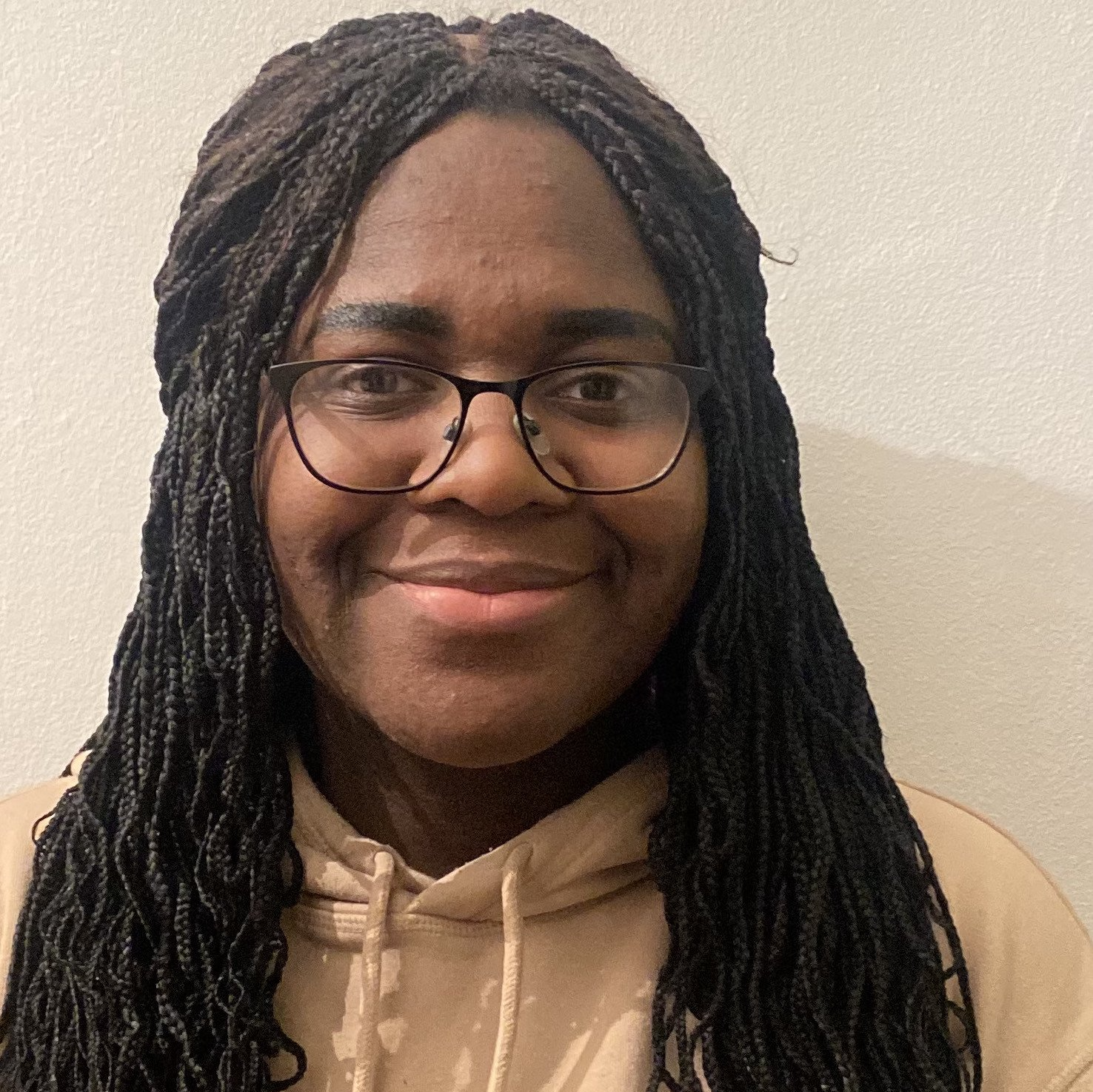
When Passions Die and Grief Grips You
The Healing Properties of Creative Writing when You Least Expect it
Written by Mariah John-Leighton
"They always say the best career is based on doing something that you love. It will feel like joy, so that you’ll never actually work a day in your life. I always assumed this statement to be true, but then I went to university.
I grew up shy in a loud Caribbean family, so reading became my escape – my time to sit away from the madness with nothing in my head but the troubles and adventures of the characters in the books I read. I found a voice in those characters. Through reading, I could be as brave as Harry Potter, as boisterous as Tracy Beaker, and as smart as Matilda. In other words, I could feel different from the girl who felt lost every time she stepped outside her house, whose identity was defined by her relationships with others. I was a girl who couldn’t navigate a social situation without her comfort people beside her.
But at home, in my quiet little bubble, with the unconditional love of my family and a book, I could be anyone I wanted to be..."
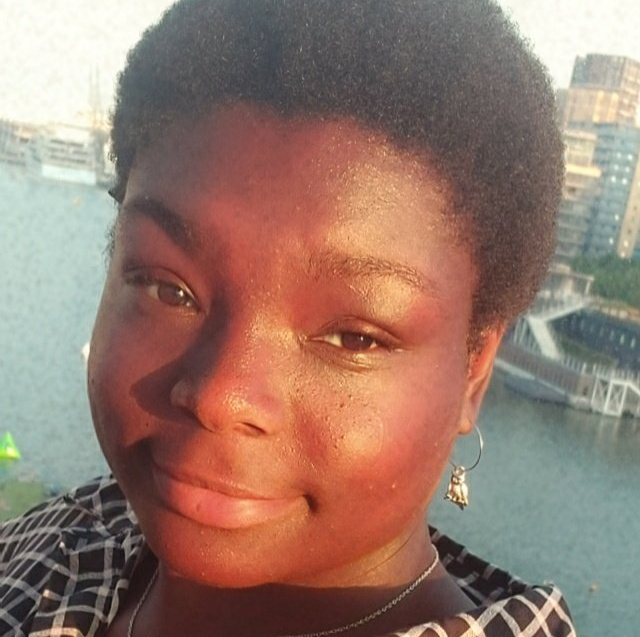
How Your Lived Experiences Can be Channelled into Creativity
There is a Voice Waiting to Come Out
Written by Ollie Opara
"Experiences shape how we all view the world and we navigate and transverse it. From the way we act and interact, our beliefs and morals, our personalities, our likes and dislikes and more, are all products of our experiences.
But what is an experience?
According to the
American Cambridge dictionary, an experience is: “(the process of getting) knowledge or skill that is obtained from doing, seeing, or feeling things, or something that happens which has an effect on you.” When something has an effect on you, it alters you. It changes you. And it is this change that can be either positive or negative and prompt a positive or negative reaction.
Your experiences shape you as a person, though it doesn't define you, it does however impact your creativity. Creativity not only enables you to develop your passions, showcase your talents and skills, it also gives you an outlet to tell your story in a unique way. That is the beauty of your creativity.
It empowers you..."
